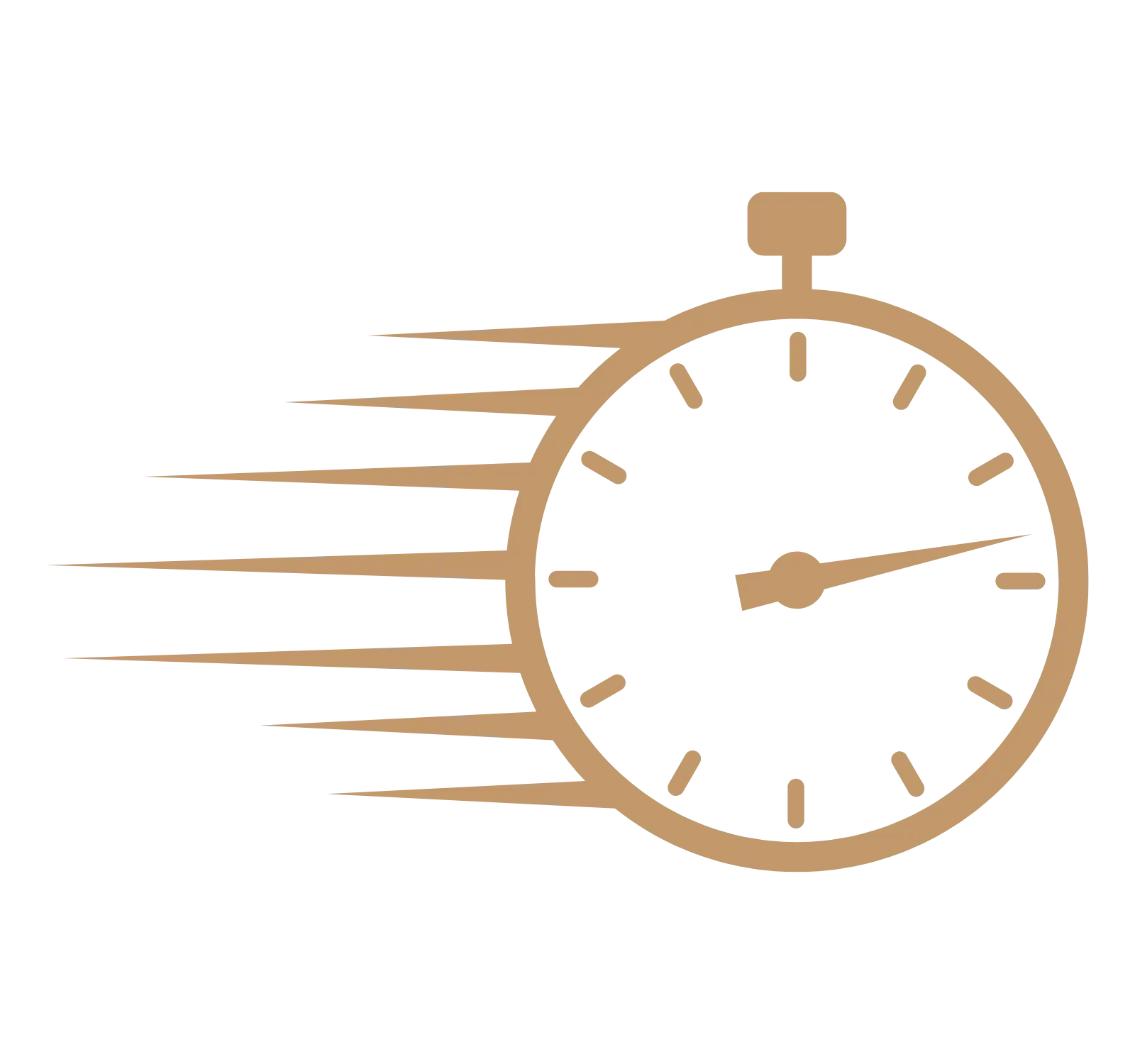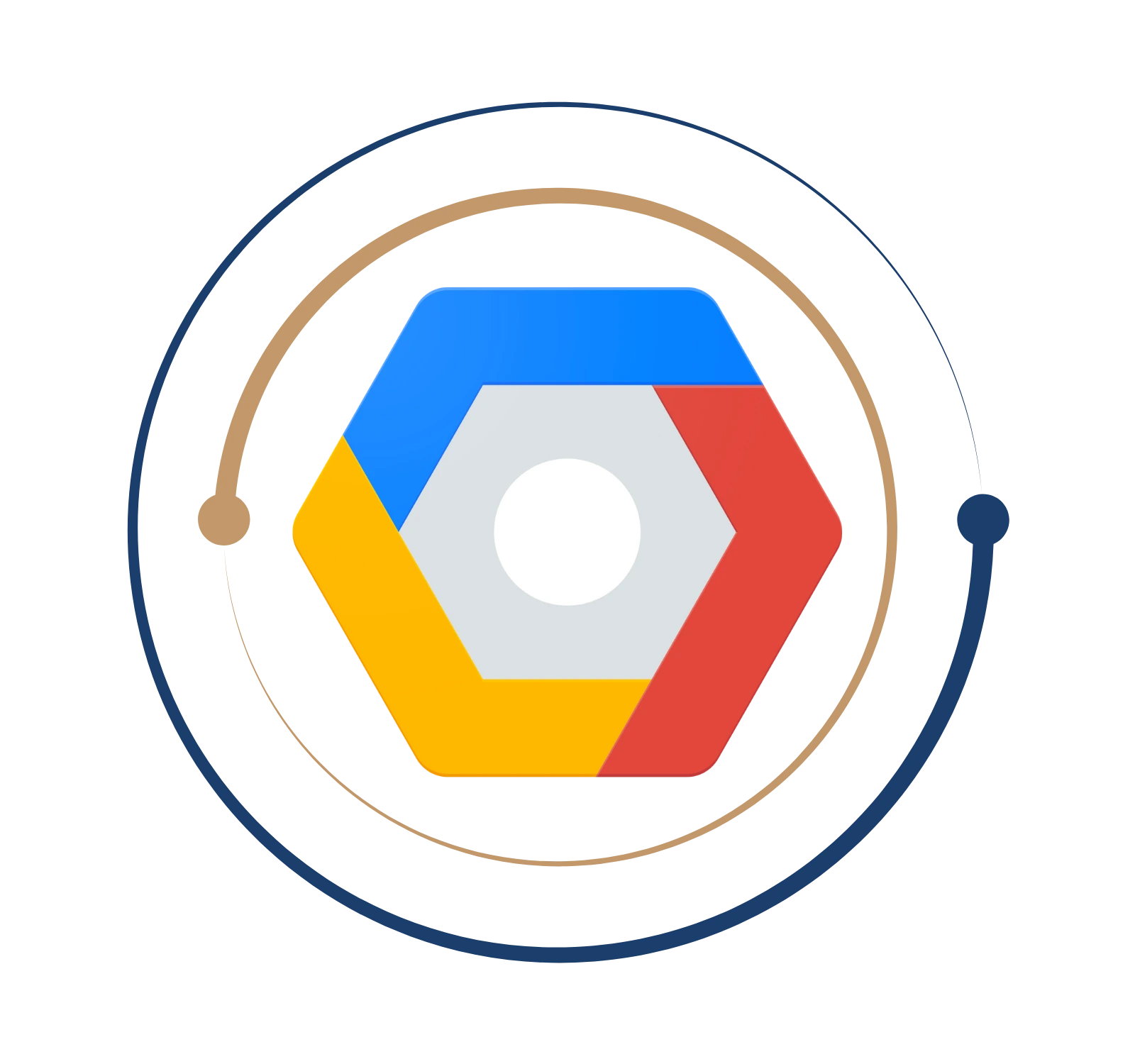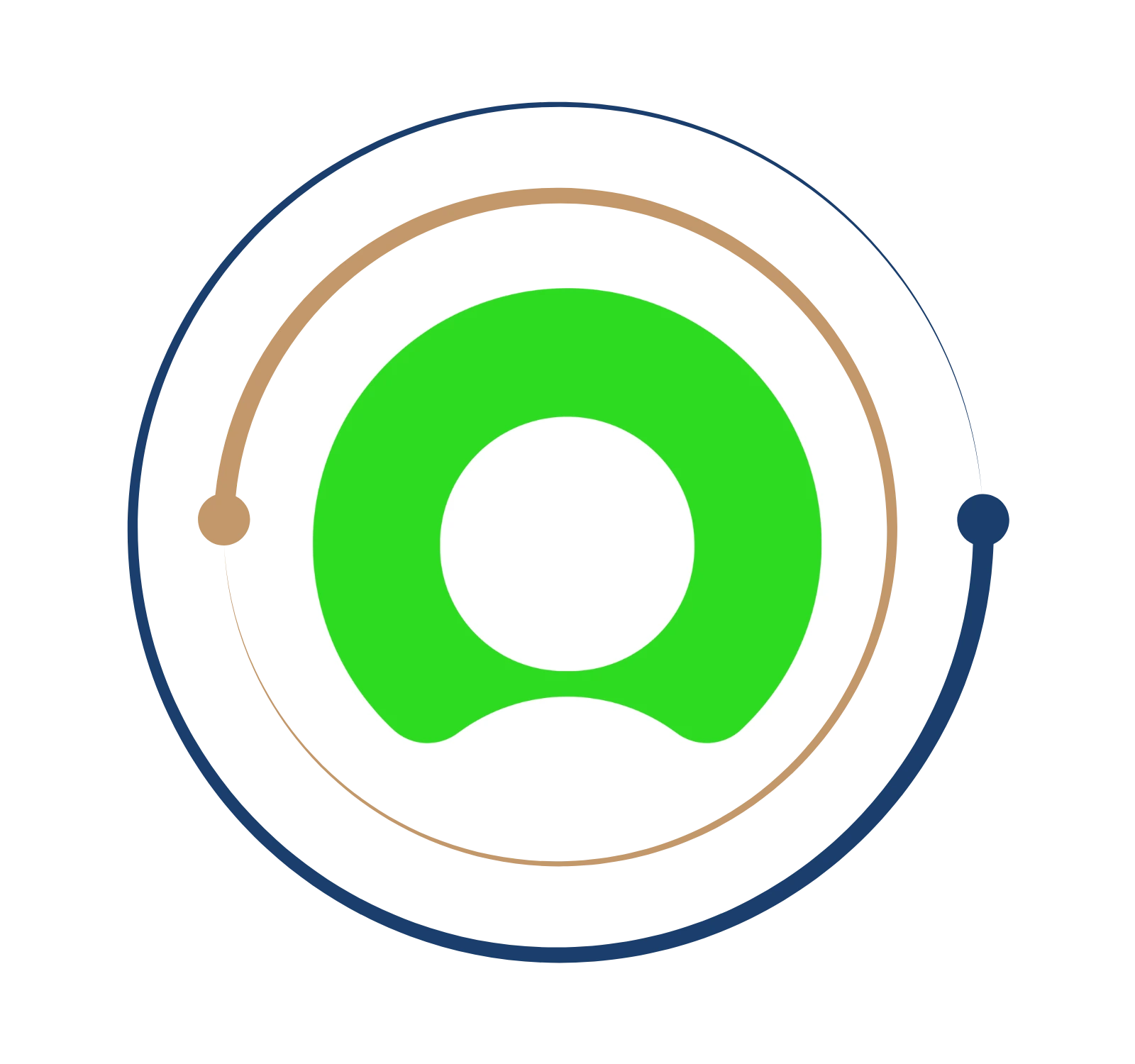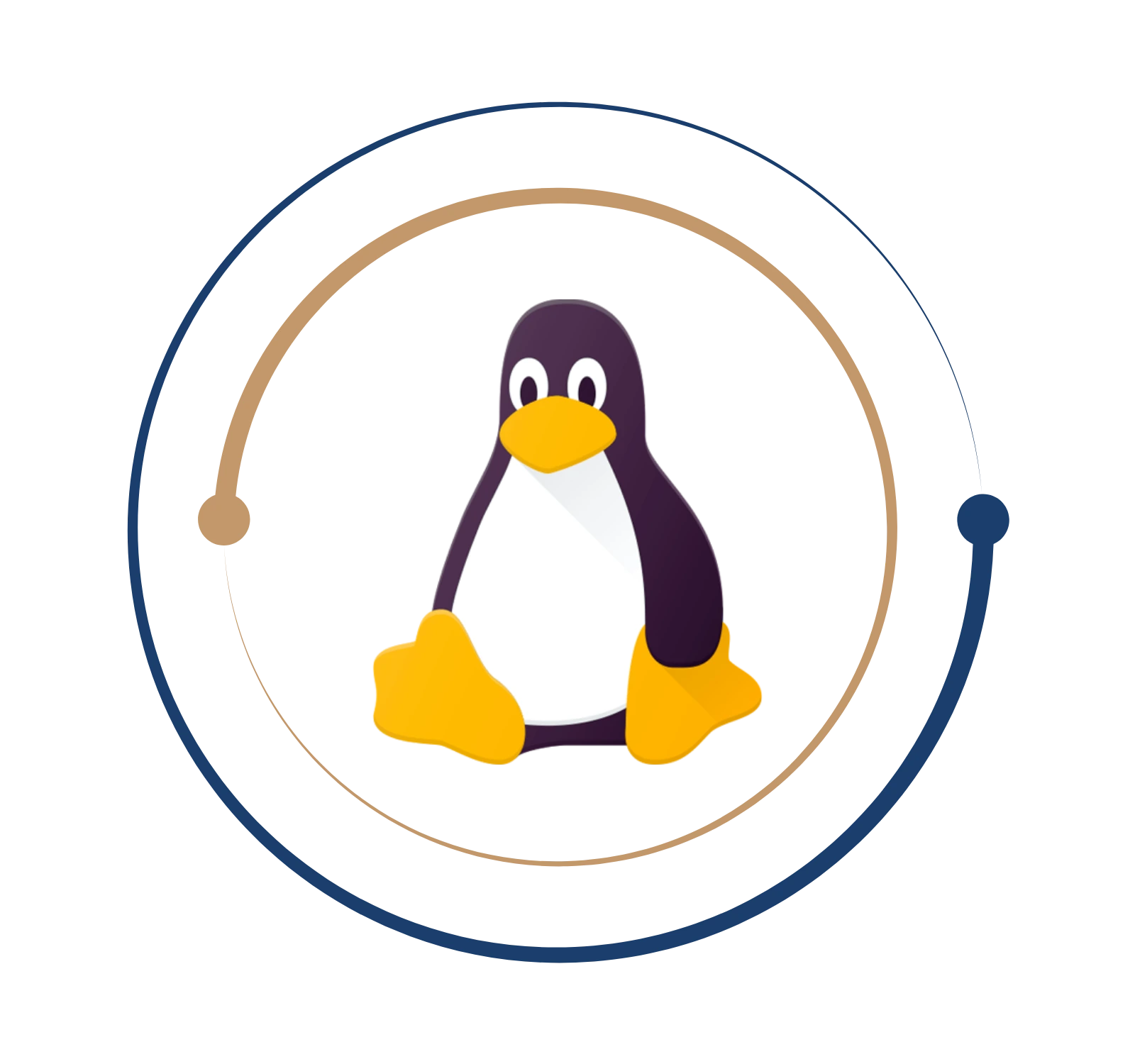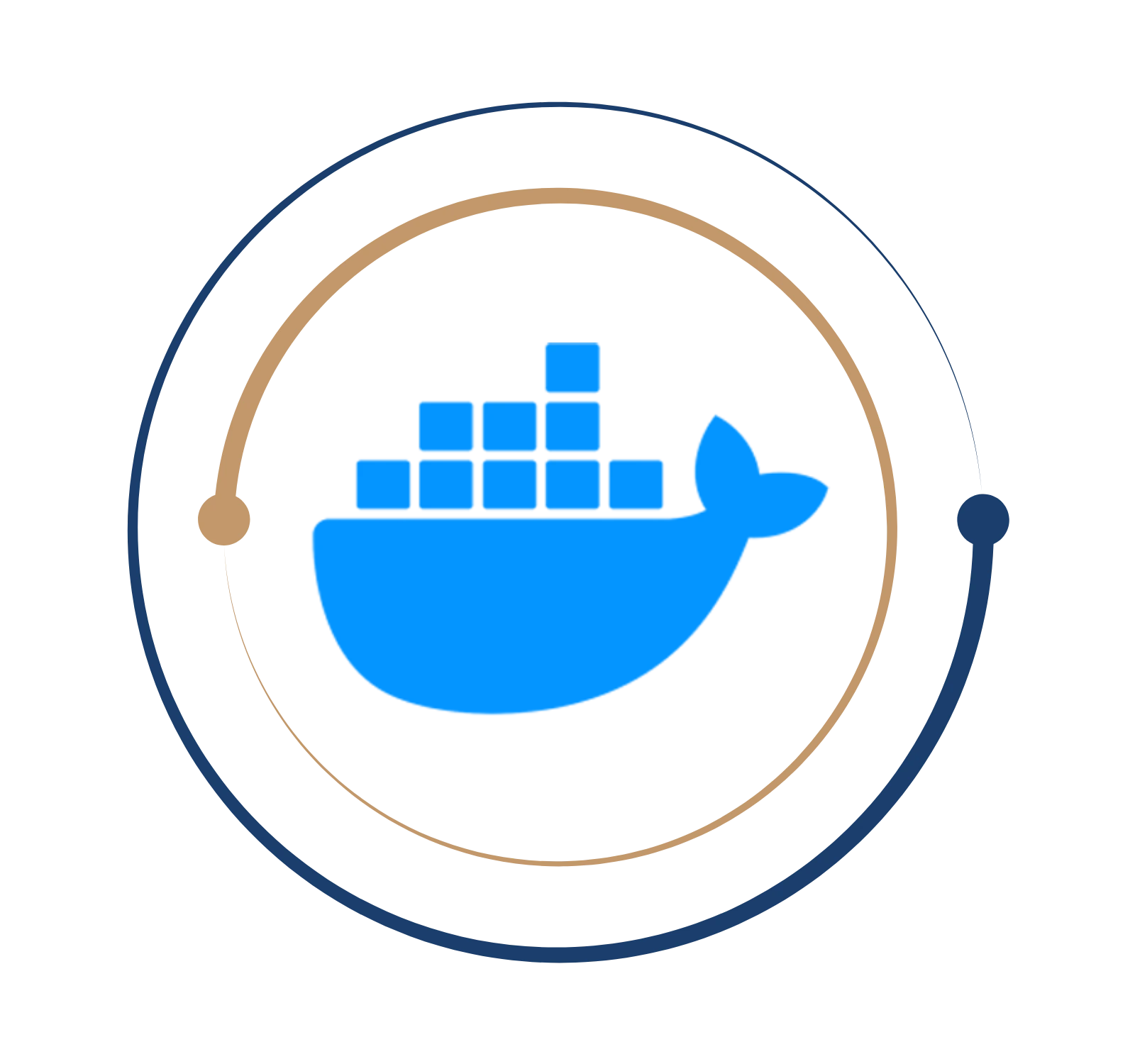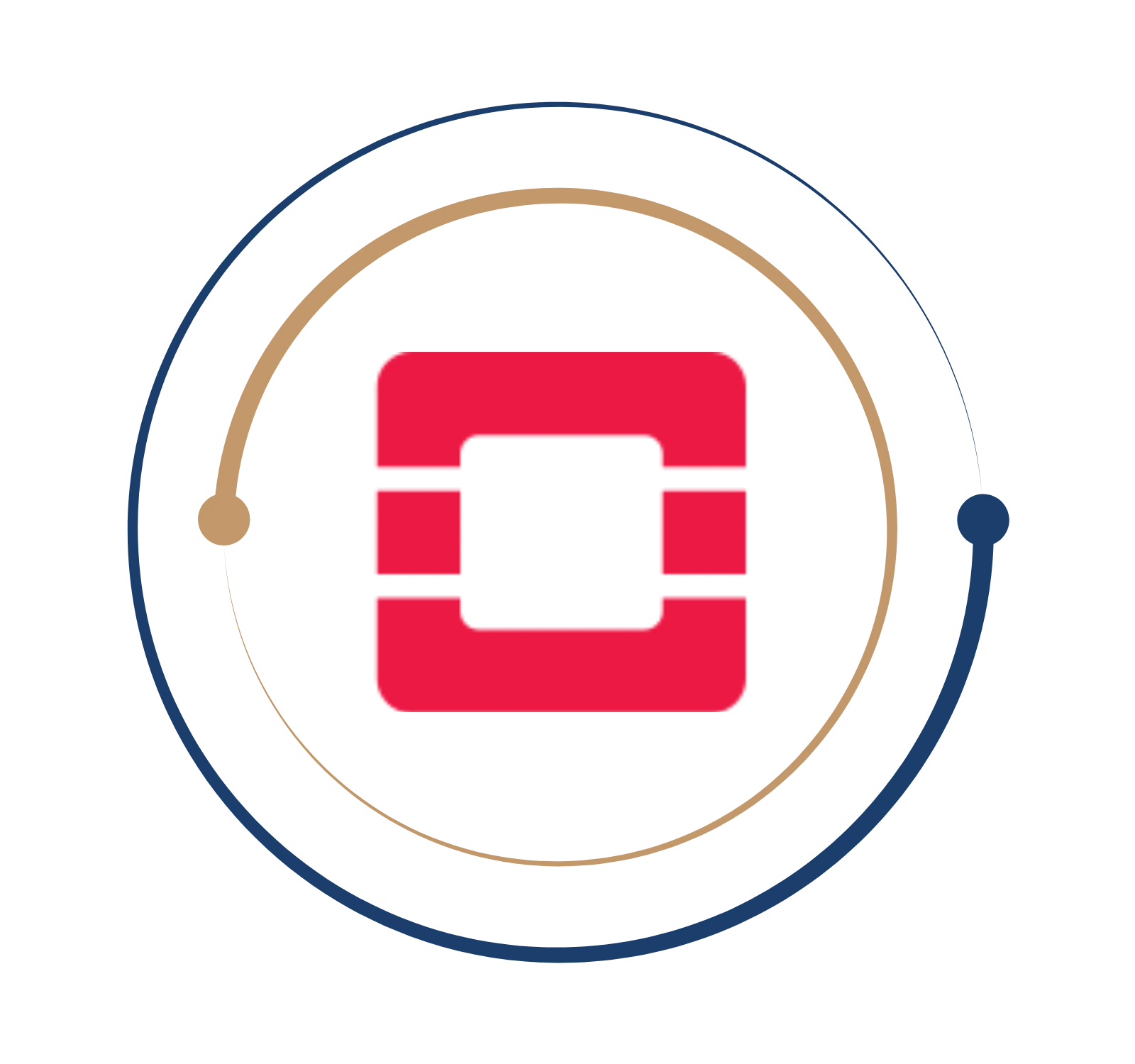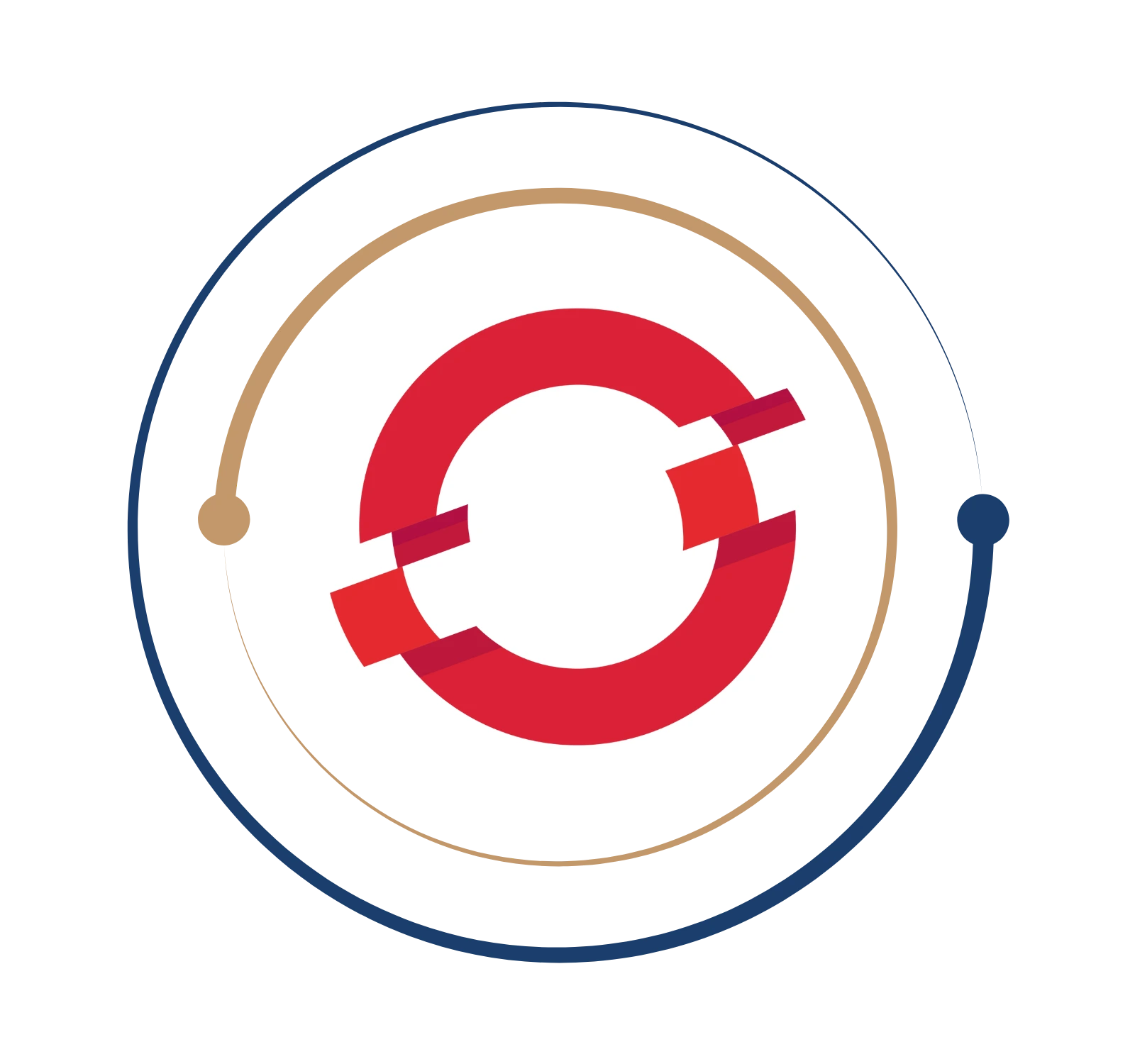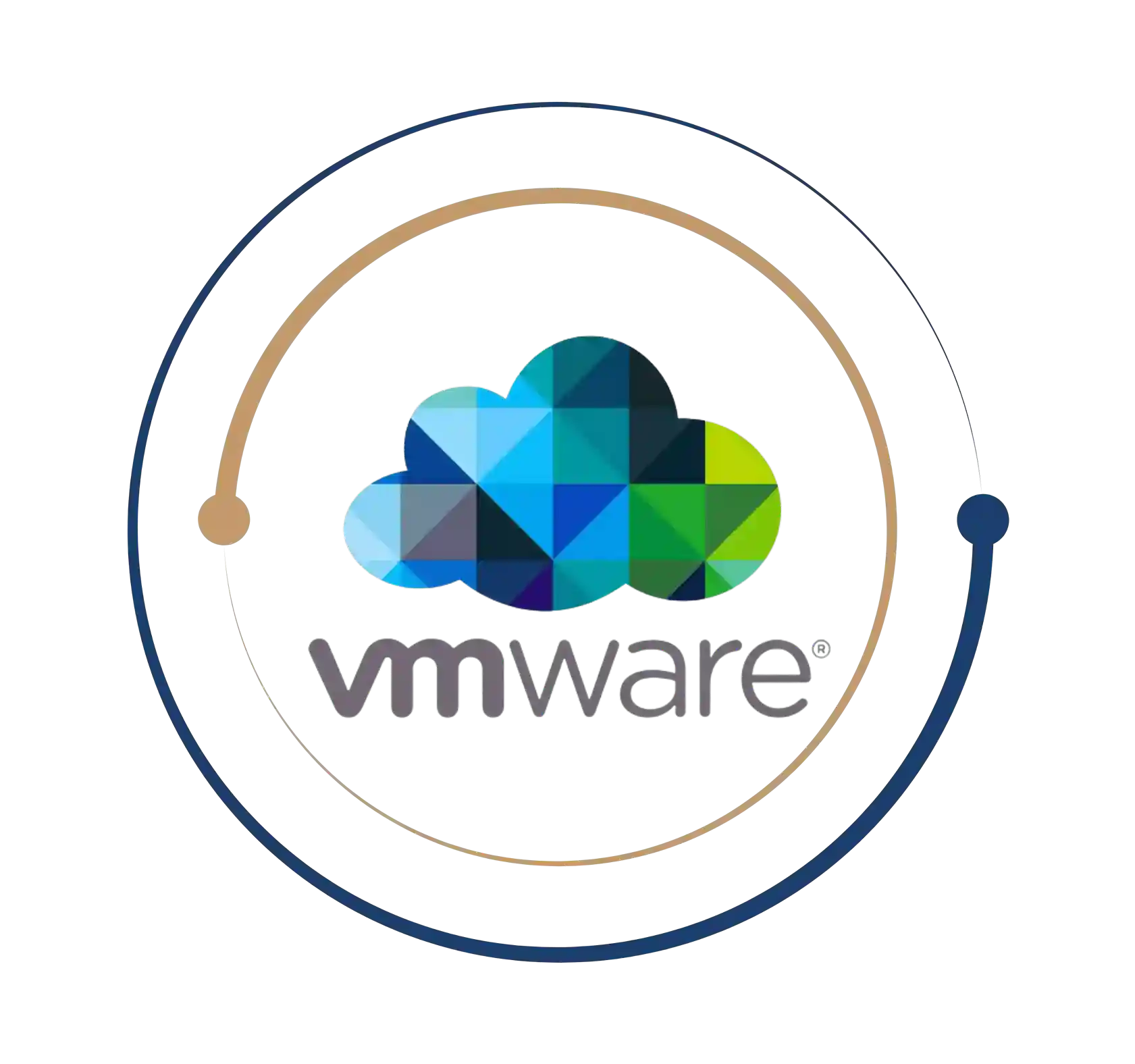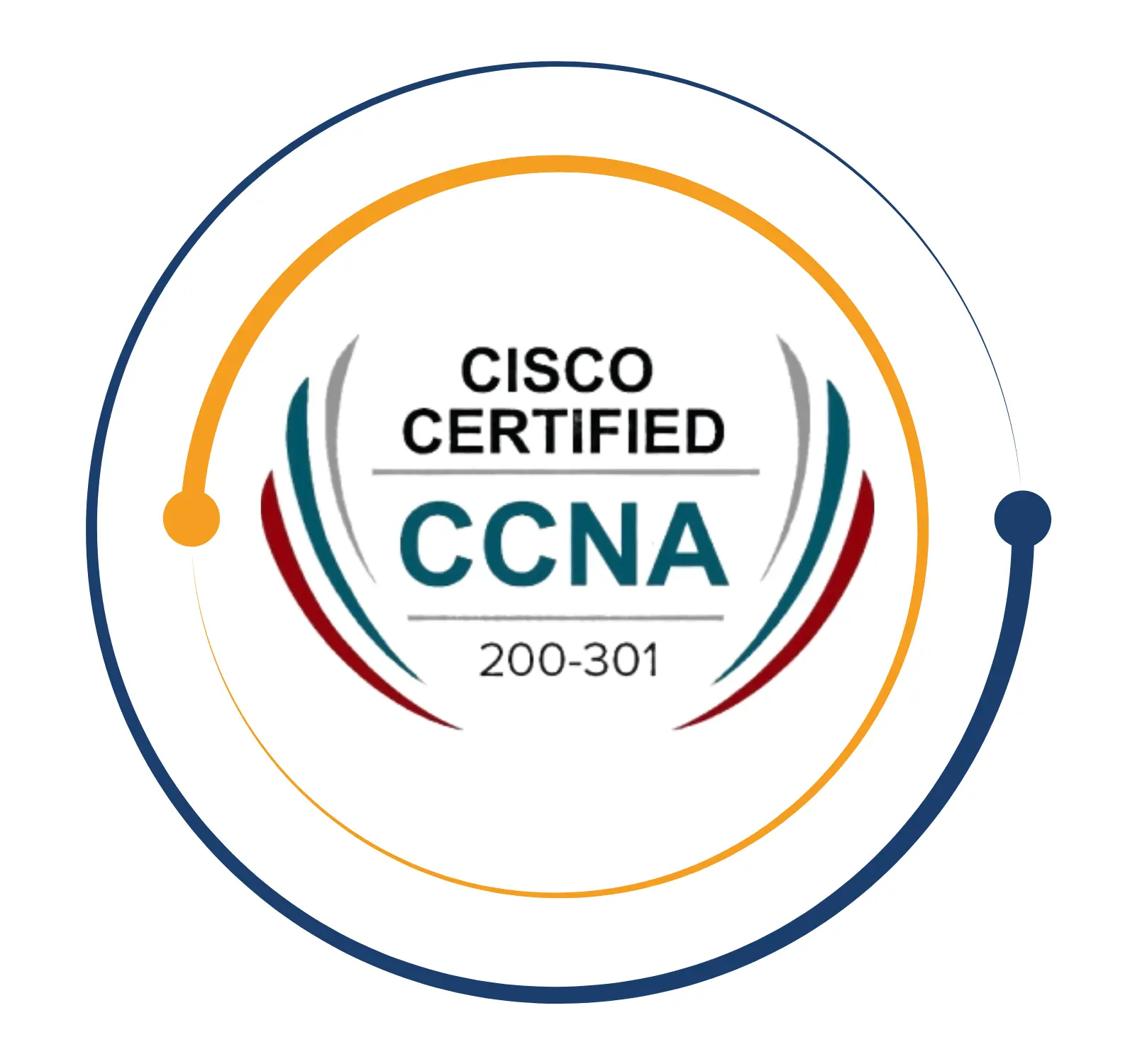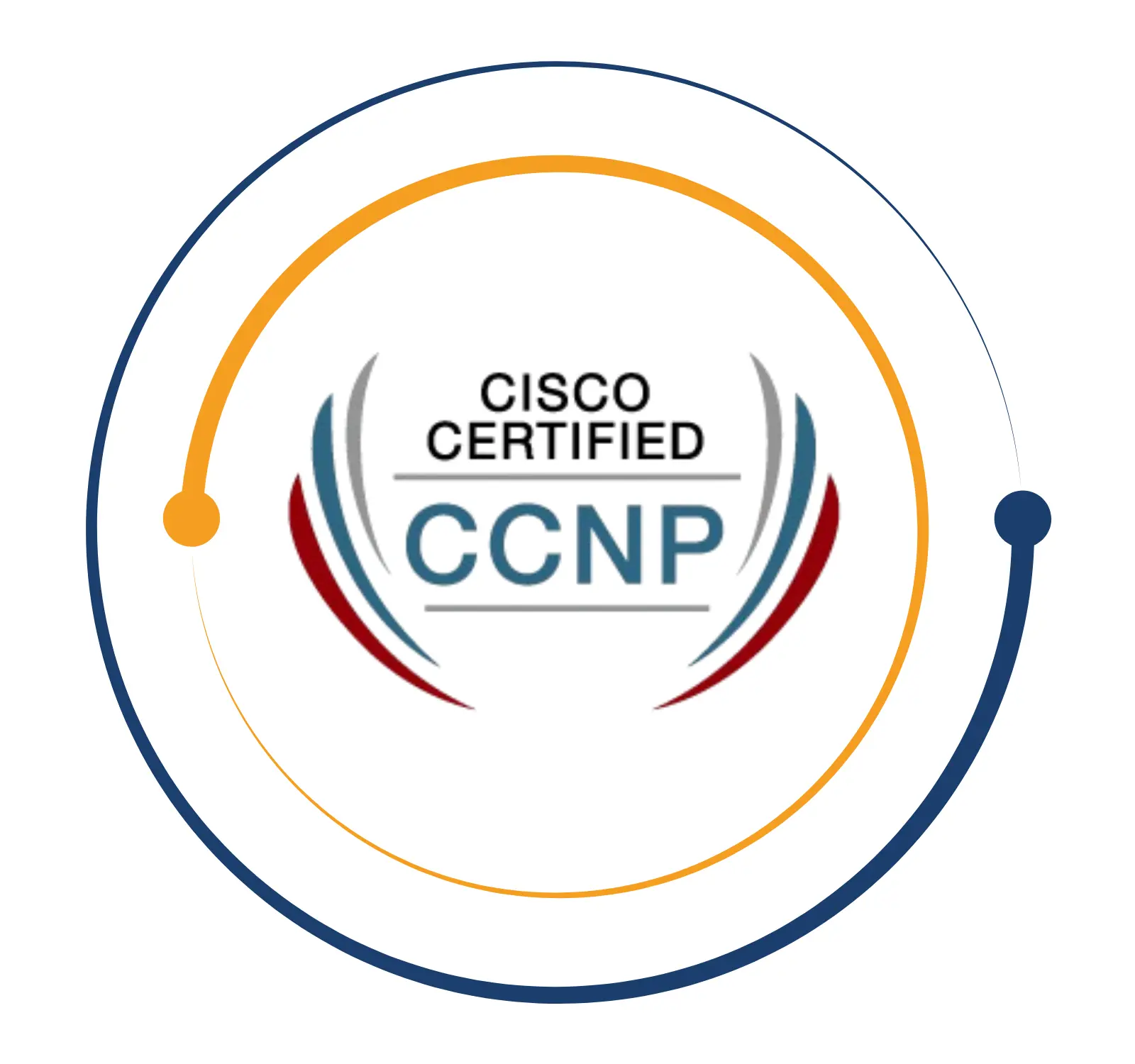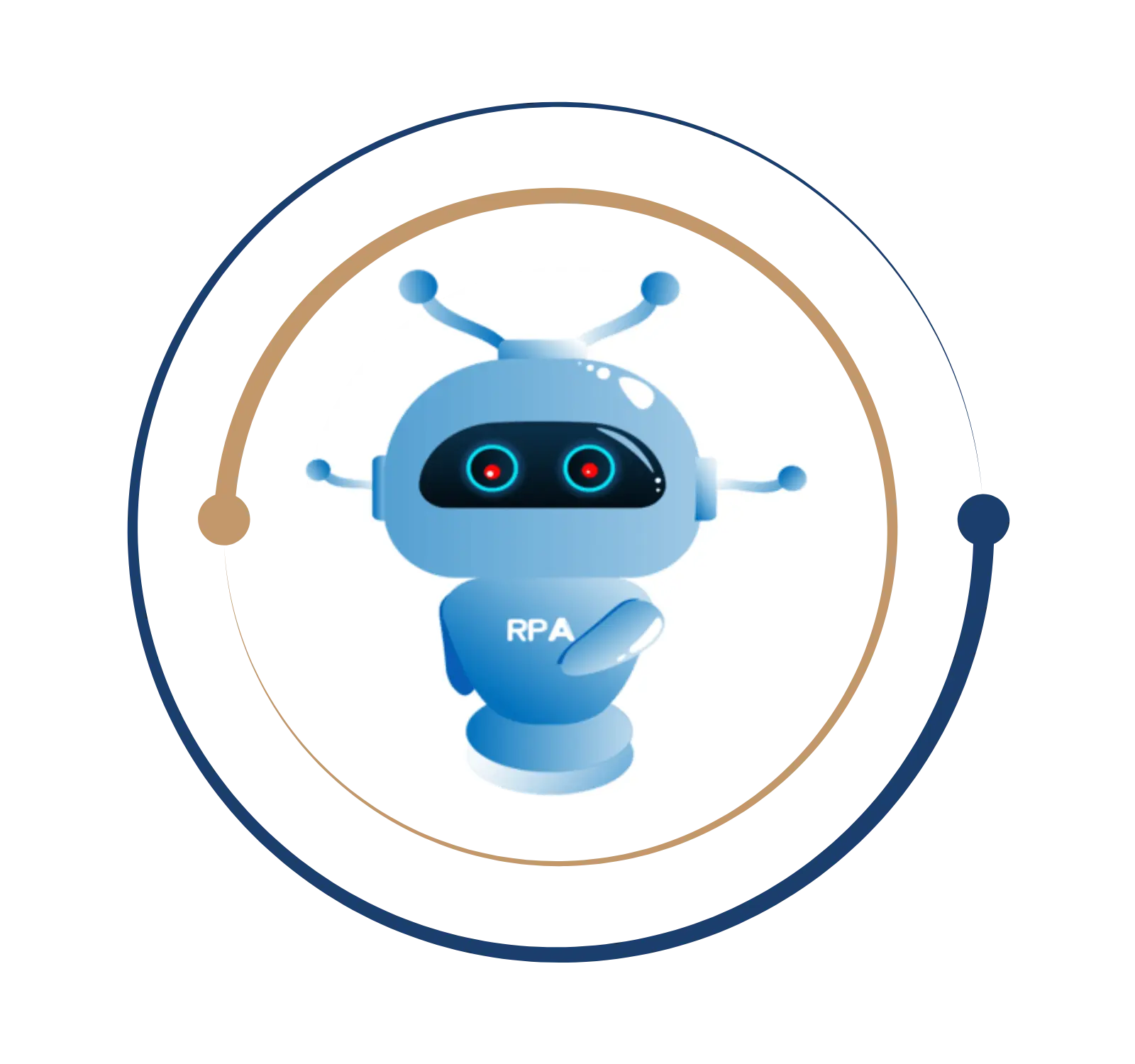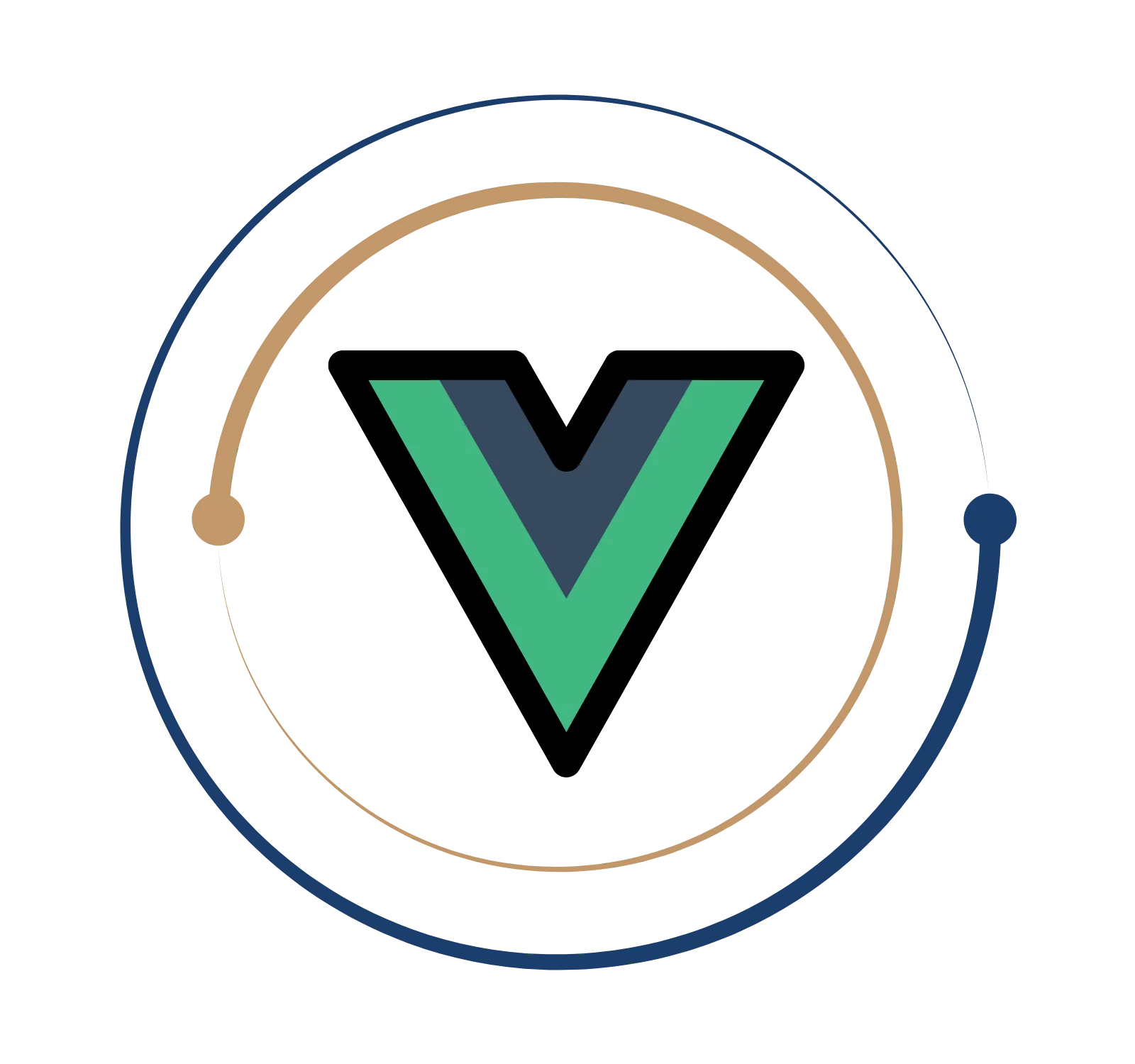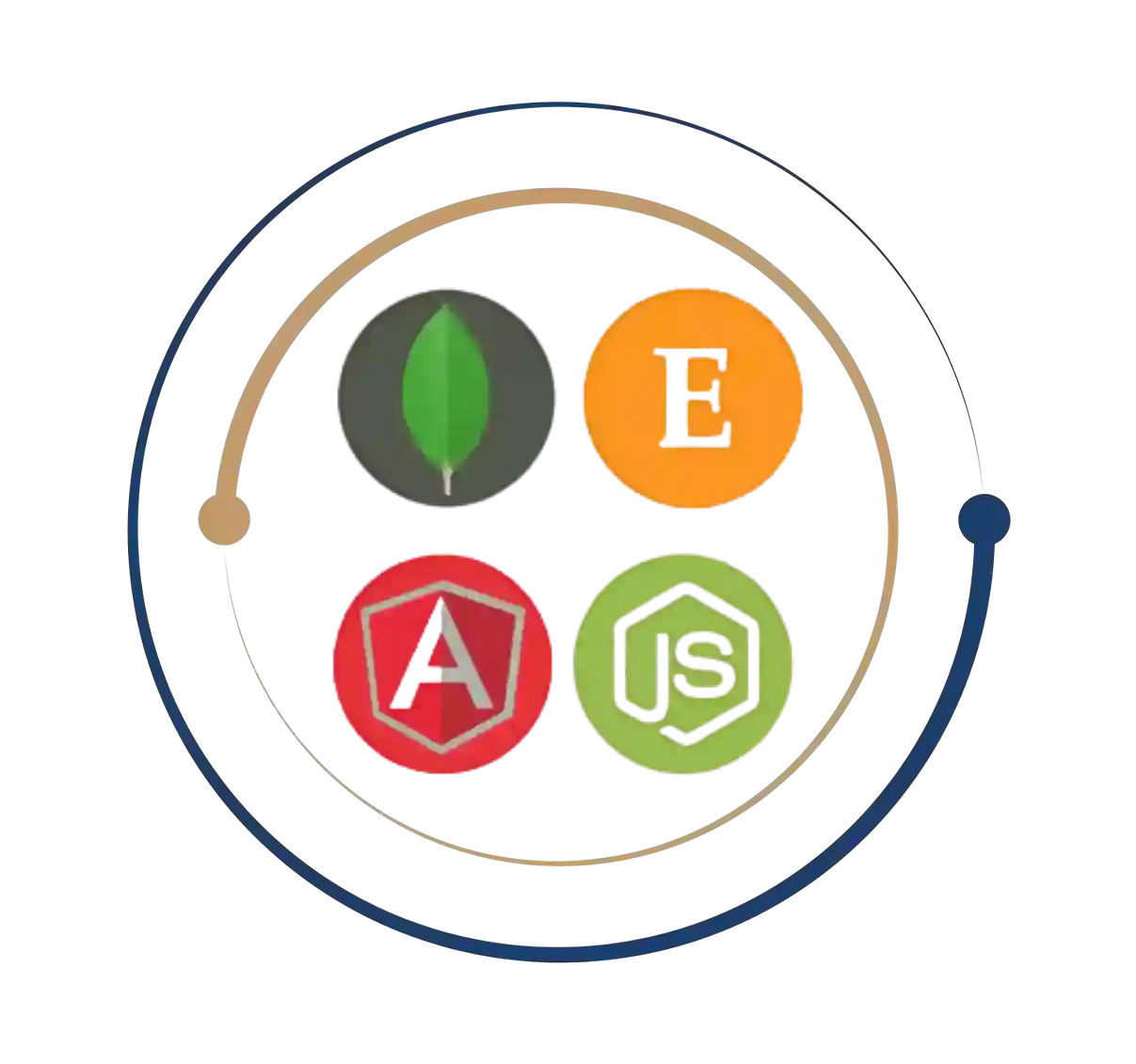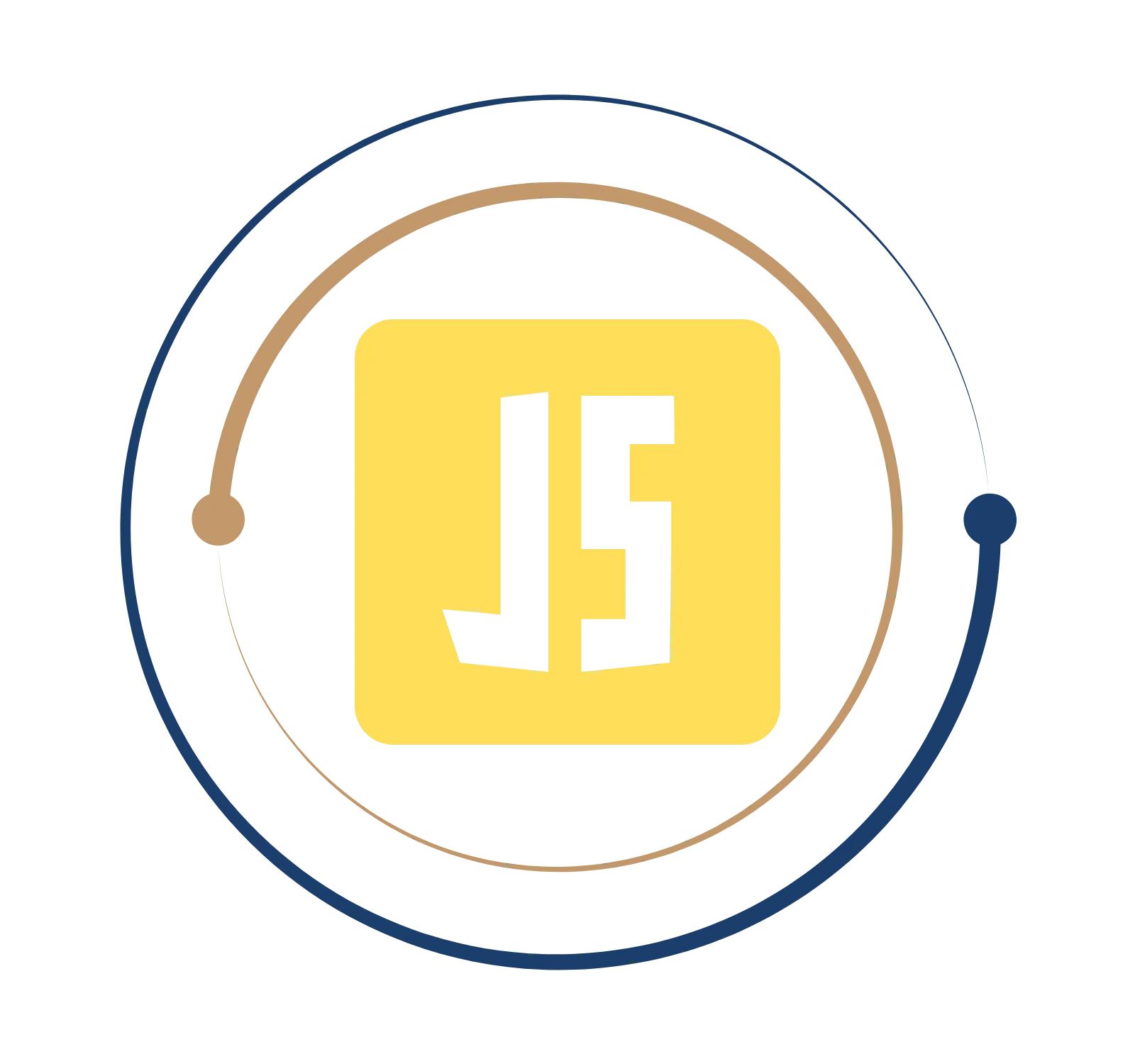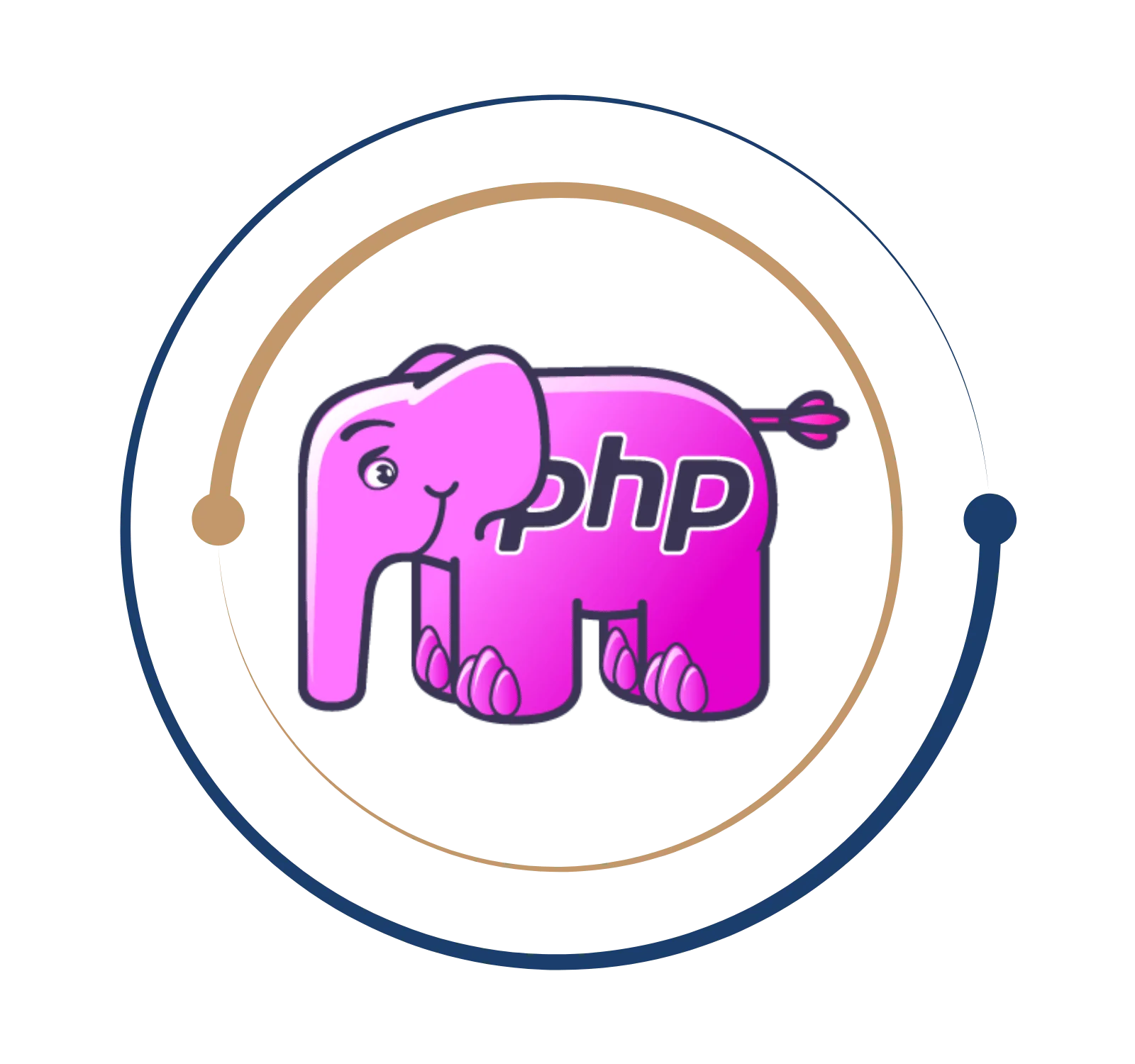Connect the future with our cutting-edge IoT training
IOT Training in Chennai
Do you want to learn IoT in real time?. BITA Academy offers IoT Training in Chennai and teaches you using genuine IoT Kits to help you understand how the Internet of Things works from the Best IoT Training Institute in Chennai. You will learn Devices and Sensors, Connectivity, Data Processing and Analytics, Cloud Computing and Edge Computing, Security and Privacy, IoT Platforms and Protocols, Applications and Use Cases, Ethical and Social Implications and more. Learning IoT requires a multidisciplinary approach that includes hardware, software, networking, data analysis, and security. It is a constantly growing industry with new technologies emerging regularly. It is critical to stay current with the newest trends and advances in the IoT area.
The Internet of Things (IoT) is a network of physical items linked to the Internet that may communicate with one another. These devices can range from commonplace items such as cellphones, smart home appliances, and wearable devices to highly specialized equipment used in healthcare, agriculture, and transportation.
The main idea behind IoT is to allow these devices to collect and exchange data, allowing them to be monitored, controlled, and interacted with remotely. IoT devices can acquire information from their surroundings and transfer it to other devices or centralized systems for analysis and decision-making using sensors, actuators, and various communication technologies such as Wi-Fi, Bluetooth, and cellular networks.
IOT Training in Chennai
Do you want to learn IoT in real time?. BITA Academy offers IoT Training in Chennai and teaches you using genuine IoT Kits to help you understand how the Internet of Things works from the Best IoT Training Institute in Chennai. You will learn Devices and Sensors, Connectivity, Data Processing and Analytics, Cloud Computing and Edge Computing, Security and Privacy, IoT Platforms and Protocols, Applications and Use Cases, Ethical and Social Implications and more. Learning IoT requires a multidisciplinary approach that includes hardware, software, networking, data analysis, and security. It is a constantly growing industry with new technologies emerging regularly. It is critical to stay current with the newest trends and advances in the IoT area.
What is IoT?
The Internet of Things (IoT) is a network of physical items linked to the Internet that may communicate with one another. These devices can range from commonplace items such as cellphones, smart home appliances, and wearable devices to highly specialized equipment used in healthcare, agriculture, and transportation.
The main idea behind IoT is to allow these devices to collect and exchange data, allowing them to be monitored, controlled, and interacted with remotely. IoT devices can acquire information from their surroundings and transfer it to other devices or centralized systems for analysis and decision-making using sensors, actuators, and various communication technologies such as Wi-Fi, Bluetooth, and cellular networks.
Roles and Responsibility in IoT
IoT Solution Architect: The solution architect is responsible for designing and implementing an IoT solution. They analyze requirements, choose relevant technologies, design the system architecture, and guarantee the solution achieves the specified goals and objectives.
IoT Hardware Engineer: Hardware engineers are responsible for the design and development of the actual components of IoT devices. They are responsible for selecting suitable sensors, actuators, and connectivity modules and developing the circuitry and PCB (Printed Circuit Board) layouts.
IoT Software Developer: Software developers design the applications, firmware, and software architecture that allow IoT devices to function and interact. They provide software for device functionality, data processing, communication protocols, and user interfaces.
Data Scientist for IoT: Data scientists analyze data generated by IoT devices to extract important insights and make data-driven decisions. They utilize statistical analysis, machine learning, and data visualization approaches to find patterns, trends, and correlations in the data.
Security specialists focus on protecting IoT devices and networks from potential threats and vulnerabilities. They evaluate threats, put security protocols, encryption techniques, and authentication processes in place, and maintain data privacy and integrity.
IoT Network Engineers are in charge of designing and maintaining the network infrastructure required for IoT connectivity. They set up routers, gateways, and firewalls, optimize network performance, and guarantee reliable and secure data transfer.
The Internet of Things (IoT) is a network of physical items linked to the Internet that may communicate with one another. These devices can range from commonplace items such as cellphones, smart home appliances, and wearable devices to highly specialized equipment used in healthcare, agriculture, and transportation.
The main idea behind IoT is to allow these devices to collect and exchange data, allowing them to be monitored, controlled, and interacted with remotely. IoT devices can acquire information from their surroundings and transfer it to other devices or centralized systems for analysis and decision-making using sensors, actuators, and various communication technologies such as Wi-Fi, Bluetooth, and cellular networks.
IoT Solution Architect: The solution architect is responsible for designing and implementing an IoT solution. They analyze requirements, choose relevant technologies, design the system architecture, and guarantee the solution achieves the specified goals and objectives.
IoT Hardware Engineer: Hardware engineers are responsible for the design and development of the actual components of IoT devices. They are responsible for selecting suitable sensors, actuators, and connectivity modules and developing the circuitry and PCB (Printed Circuit Board) layouts.
IoT Software Developer: Software developers design the applications, firmware, and software architecture that allow IoT devices to function and interact. They provide software for device functionality, data processing, communication protocols, and user interfaces.
Data Scientist for IoT: Data scientists analyze data generated by IoT devices to extract important insights and make data-driven decisions. They utilize statistical analysis, machine learning, and data visualization approaches to find patterns, trends, and correlations in the data.
Security specialists focus on protecting IoT devices and networks from potential threats and vulnerabilities. They evaluate threats, put security protocols, encryption techniques, and authentication processes in place, and maintain data privacy and integrity.
IoT Network Engineers are in charge of designing and maintaining the network infrastructure required for IoT connectivity. They set up routers, gateways, and firewalls, optimize network performance, and guarantee reliable and secure data transfer.
Get Instant Help Here
IoT certifications demonstrate your knowledge and skill in IoT technology, making you a more attractive job candidate. Employers prefer certified professionals who can contribute to IoT projects and efforts efficiently. Obtaining an IoT certification verifies your IoT concepts, designs, protocols, and technologies. It gives a recognized credential demonstrating your ability to design, develop, and implement IoT solutions. IoT is a fast-expanding sector, and obtaining a certification can lead to various work prospects. It can help you stand out from the crowd and qualify for positions like IoT engineer, IoT developer, IoT analyst, IoT consultant, and others. Join BITA Academy Real-Time IoT Training in Chennai and lock your certificate.
- IoT Certification
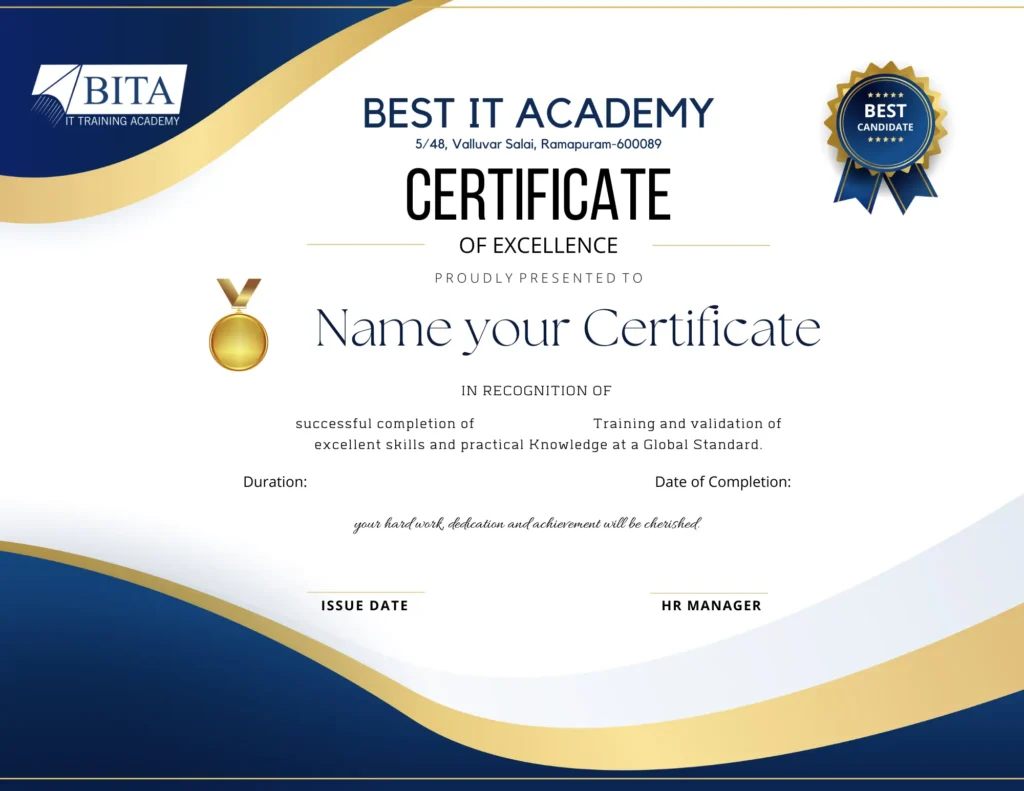
Demand for IoT (Internet of Things) continues to rise as organizations and industries recognize the value of connected devices and data-driven technology. The widespread use of IoT in industrial areas such as manufacturing, energy, transportation, and agriculture is driving enormous demand. Businesses can use IoT to improve operational efficiency, automate processes, track equipment performance, and optimize resource utilization. To build smart cities, governments and urban planners are adopting IoT. The Internet of Things (IoT) transforms healthcare by providing remote patient monitoring, real-time health tracking, and effective healthcare management systems. Healthcare organizations are increasing their use of IoT solutions to improve patient care, improve diagnosis and treatment, and cut healthcare costs. The automotive sector is progressively incorporating IoT capabilities into automobiles, fueling the emergence of connected cars. IOT Engineer salaries in India range from 1.5 Lakhs to 11.0 Lakhs per year, with an average yearly pay of 4.0 Lakhs. The national average compensation for an IoT Software Engineer in India is 4 LPA. Sign Up for IoT Training in chennai.
Job you can land with IoT
What you will learn?
- What is IoT?.
- Latest updates in the IoT Enterprises
- IoT Market in different domains
- AC and DC Current
- Basic Components
- Sensors
- Brief Overview on Tools
- Circuits
- Overview of Arduino
- What is Raspberry Pi?
- Other IoT Training Modules
- Networking Basics
- What is Network?
- LAN and WLAN
- Client and Server Concept
- Private and Public Network
- Static IP and Dynamic IP Address
- Dynamic DNS Concept
- Wireless and Bluetooth
- IoT protocols
- What is Amazon Web Servers?.
- AWS IoT Implementations
- Deep Dive on IoT Architecture Flow
- Basic Lab setup in IoT Training
- Case Study
- Hack Internet of Things
- Secure IoT devices
- Automation and watch Home with IoT
- Deep Dive on AWS IoT Setup
- IoT Model App and Demo
Weekdays
Mon-Fri
Online/Offline
1 hour
Hands-on Training
Suitable for Fresh Jobseekers
/ Non IT to IT transition
Weekends
Sat – Sun
Online/Offline
1.30 – 2 hours
Hands-on Training
Suitable for IT Professionals
Batch details
Week days
Mon-Fri
Online/Offline
1 hour
Hands-on Training
/ Non IT to IT transition
Sat – Sun
Online/Offline
1:30 – 2 hours
Hands-on Training
Why should you select us?
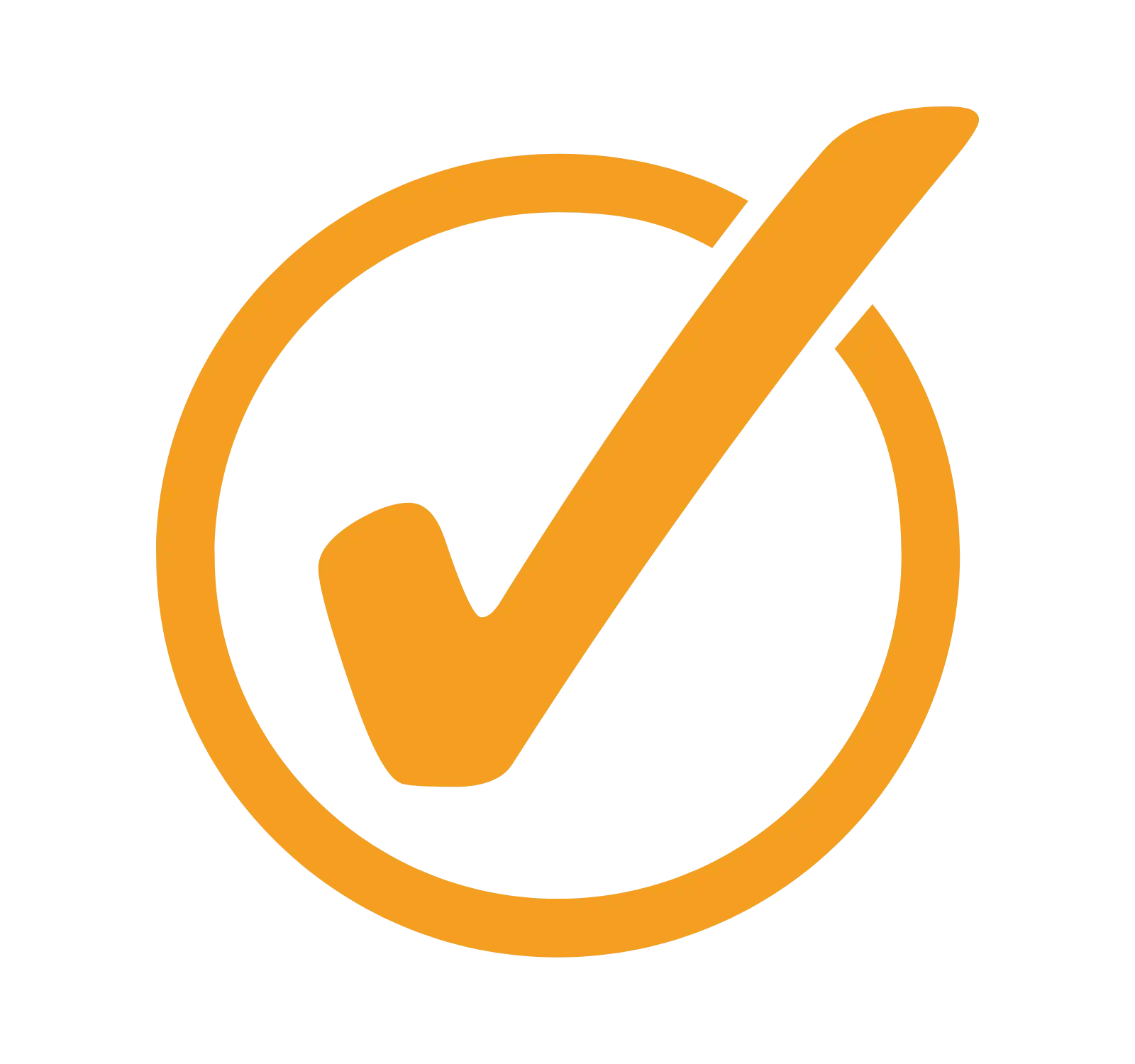





Why should you select Us?








